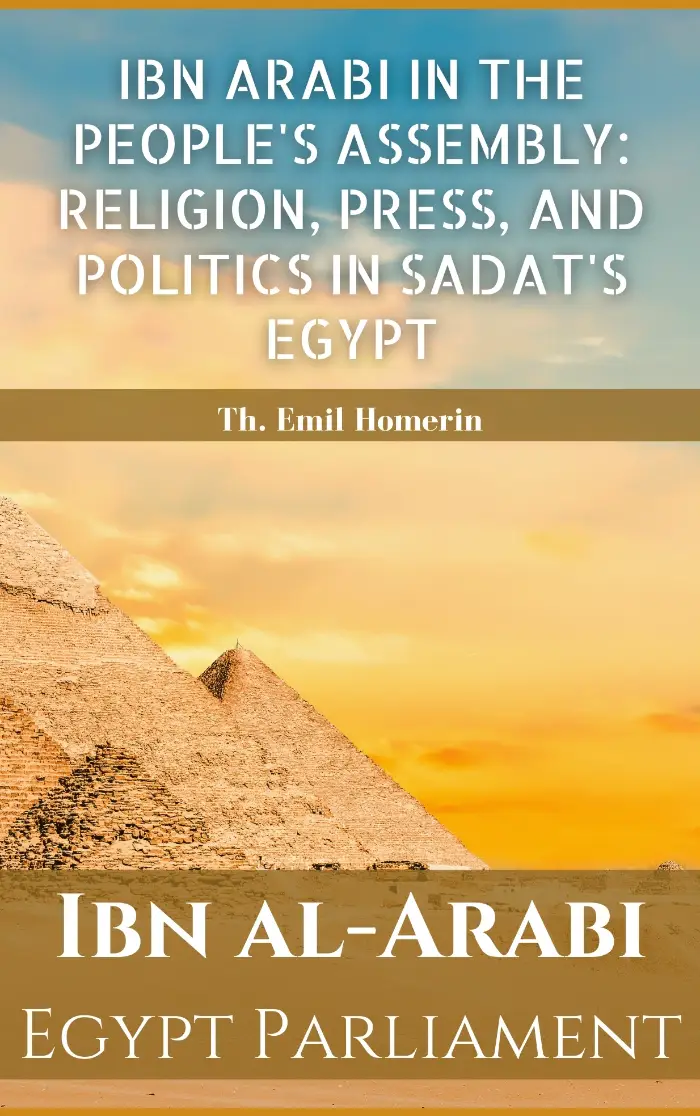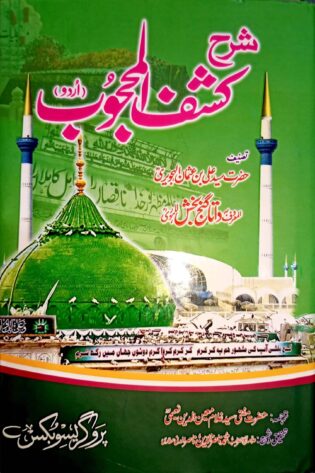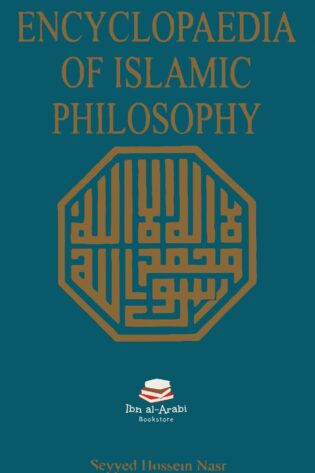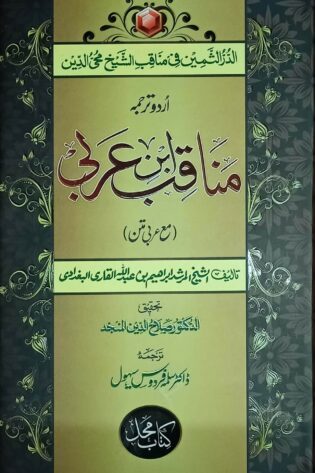- Your cart is empty
- Continue Shopping

IBN ARABI IN THE PEOPLE’S ASSEMBLY: RELIGION, PRESS, AND POLITICS IN SADAT’S EGYPT
0 customer reviews Sold: 13
Free!
Add to cartIBN ARABI IN THE PEOPLE’S ASSEMBLY: RELIGION, PRESS, AND POLITICS IN SADAT’S EGYPT
Free!
Categories Pdf Books, All Books, English Books, PDF Books & Articles, Shaykh al-Akbar Ibn al-Arabi (RA)
Tags Muhiyddin Ibn al-Arabi, PDF Books
Brand: PDF
Author
Th. Emil Homerin
Publisher
Language
English
Format
PDF Only
Description
Ibn Arabi in the People’s Assembly: Religion, Press, and Politics in Sadat’s Egypt
Author(s): Th. Emil Homerin
Source: Middle East Journal, Vol. 40, No. 3 (Summer, 1986), pp. 462-477
Published by: Middle East Institute
Title: “Ibn Arabi in the Egyptian People’s Assembly: Religion, Media, and Politics during Sadat’s Era”
On Thursday, February 15, 1979, the delegates of the Egyptian People’s Assembly found themselves immersed in a lengthy session. The focus of the debate spanned 15 hours, centering on a report related to the Amriya spinning and weaving project. Despite the extended deliberations, when the recommendations were ultimately accepted, numerous delegates had already departed. The opposition, comprising the Socialist Labor Party and a handful of independents, had walked out in protest during motions seeking to exclude them from voting. Simultaneously, President of the Assembly Dr. Sufi Abu Talib and several other officials had left to attend the funeral of the esteemed journalist, Fikri Abaza.In their absence, Dr. al-Sayyid Ali al-Sayyid, the Secretary of the Assembly, assumed control. It was likely due to his efforts that an additional issue surfaced at the conclusion of this demanding session. The Committee for Social and Religious Affairs and Endowments, chaired by Dr. al-Sayyid, recommended the prohibition of the writings of the Islamic mystic Muhyi al-Din Ibn Arabi (d. 1240), particularly his work “al-Futuhat al-Makkiya” (The Meccan Revelations). Moreover, the proposal called for all future publications addressing Islam to undergo certification by the Academy of Islamic Research (Majma’ al-Buhuth al-Islamiya). Given the weariness of the remaining delegates on the floor, the proposal was approved without further discussion.Reviews
Related
Related products
Save ₨350₨ 2,000 Original price was: ₨ 2,000.
Khud se khuda tak | خود سے خدا تک | ناصر افتخار
₨ 1,650Current price is: ₨ 1,650.
Save ₨100₨ 1,800 Original price was: ₨ 1,800.







